Donna Tartt is an expert practitioner of what David Hare has called ‘the higher hokum’. She publishes a long novel every decade or so. Her first book, The Secret History (1992), was about some highly affected college students who took to studying ancient Greek in a cult and murdering one another in Dionysiac revels. It was a genuinely popular success — chic, macabre and supremely well-constructed.
Her second, The Little Friend (2002), pursued a small girl through her attempts to pin the murder of her brother on the wrong culprit. It confirmed Tartt’s gift for an intricate plot, escalating into some furiously exciting action. The handling of suspense in both these novels was first-rate. The aura of class — ancient Greek, Americans called Bunny, Camilla and Julian, the impact of death down the years on child narrators — was inescapable.
And the psychological analysis was enjoyable too, though not especially truthful. One of Tartt’s favourite tropes was to associate the original traumatic event with some quite trivial property. After the death in The Little Friend, we are told that nobody in the family could bear to eat chicken ever again, since that was what was cooking at the time of the hanging. Does it really work like that, or is this the sign of a novelist enjoying herself too much? Still, there are plenty of occasions when readers have happily enjoyed themselves along with Donna Tartt.
Now, another decade on, she’s still at it in The Goldfinch, where the nightmare-food-association role is played by scrambled eggs: ‘All these years later, I can still smell the scrambled eggs they ordered for me; the memory of that heaped plate with the steam coming off it still ties my stomach in knots.’ So here is another study of the long after-effects of a violent death on the lives of the survivors.
The 13-year-old Theo Decker is being taken by his mother to a meeting with his New York school when they drop in at the Metropolitan Museum to see an exhibition of Dutch paintings. A terrorist bomb suddenly explodes, killing Theo’s mother and an old man whom Theo has noticed accompanying a girl his own age. Before he dies, the man hands Theo a ring and a message; he also tells him to take a small painting with him, blown out of its frame.
Theo’s father has decamped to Las Vegas with his girlfriend, and his grand-parents are unwilling to help. Instead, he is taken in by the Barbours, a rich Fifth Avenue family with four children and a mentally-ill father, obsessed with yachting. Theo returns the ring to Hobie, a Greenwich Village furniture restorer and handler, the business partner of the old man; he also meets Pippa, the girl he saw at the museum, now recovering from her injuries, and falls in love with her.
After a few months, his disastrous father turns up with his coke-dealing girlfriend, Xandra, and takes Theo off to Las Vegas. There he meets Boris, a dubious Ukrainian boy his own age, and stores his stolen painting, Carel Fabritius’s ‘The Goldfinch’, behind the headboard of his bed. In the meantime, the art police are showing serious interest in this important missing work, but Theo clings to it, knowing that there is almost nothing else left to connect him with his beloved mother (they were looking at it together just before she was killed).
I struggled to believe in this novel once ‘The Goldfinch’ became so crucial. For a real painting to be subjected to a fantasy existence somehow made everything else seem incredible — including the underlying hollowness of the characters.
The long-term effect of violent trauma is a curious choice of subject for a novelist who is not naturally attuned to such things. Tartt’s neat notions of consequence and association are not always convincing; the dovetailing which serves her so well in putting a plot together is not a virtue when it comes to examining the growth of a psychology. Theo wants to hang on to ‘The Goldfinch’, even though it is going to land him in trouble, because of its association with his mother. But why doesn’t this emotional investment apply to her possessions, which Theo lets go without much concern?
The answer is that the painting is a useful plot device to lead Theo into a dark Amsterdam underworld of drug barons and gangsters, where stolen masterpieces are exchanged in collateral. So psychological plausibility is sacrificed to the demands of a furiously exciting story. This, for the most part, is brilliantly done (and I fully admit to having enjoyed this book), culminating in a violent shoot-out and the appearance of the very worst villains just when all seemed safe.
It is true that Tartt’s weakness for immensely rich WASP families allows her to overlook the fact that the Barbours have no connection to the main plot at all. And events are manipulated implausibly, in order to achieve a sleekly engineered final result. At the climax, Theo has to remain trapped in Amsterdam for several days. For this to be achieved, he must be separated from his passport. So the gangsters must place their passports in the car’s glove compartment as they go off to murder some rival gangsters, on the basis that Dutch law requires everyone to carry ID at all times. Now, even if this law were ever strongly enforced, there seems little likelihood that American gangsters on a killing spree would carefully bring along ID to leave behind.
But the main problem with The Goldfinch is that it asserts lovability and wit without ever successfully enacting either. We are told, for instance, that Theo’s mother is a wonderful person, but when she speaks she seems quite boring. Hobie shares ‘the most enjoyable conversation’ with Theo when they first meet, but this turns out to be a routine exchange about school study. Boris can make Theo ‘laugh sometimes until my sides ached, and we always had so much to say’, but he doesn’t delight the reader at all. And Pippa, Theo’s great love, is first a ladylike invalid out of Tennessee Williams, and then nothing very much.
The problem is compounded by Theo being the narrator. His story is one of violence, abandonment, drugs and criminality, which he recounts with rather tasteless glee. Boris and Theo slide into grim degradation, but the reader would have engaged with them more if either had shown the smallest degree of charm. That — unlike the brilliantly tooled movements of plot function and resolution, motive and murder, desire and disappointment — appears beyond the powers of Donna Tartt.
Got something to add? Join the discussion and comment below.
Get 10 issues for just $10
Subscribe to The Spectator Australia today for the next 10 magazine issues, plus full online access, for just $10.
Philip Hensher latest novel, Scenes from Early Life, won this year’s Royal Society of Literature Ondaatje prize.
You might disagree with half of it, but you’ll enjoy reading all of it. Try your first month for free, then just $2 a week for the remainder of your first year.

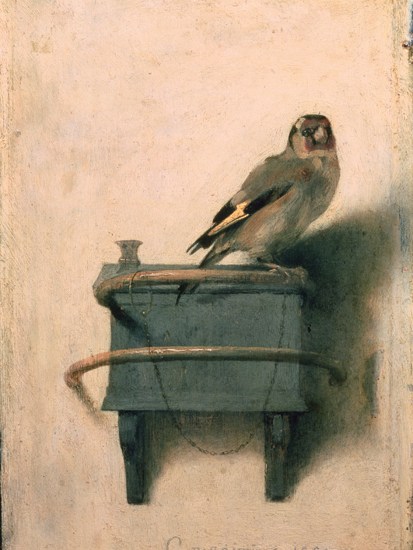
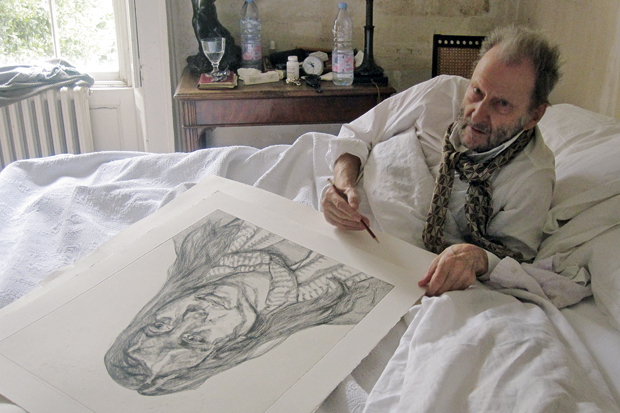


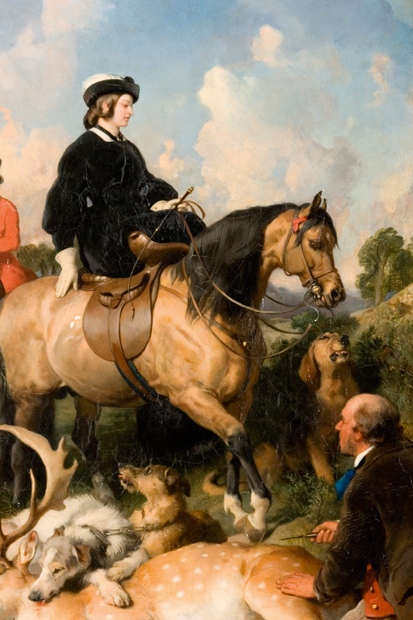
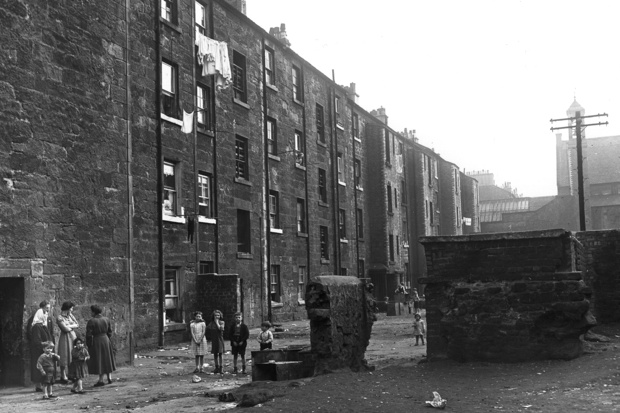
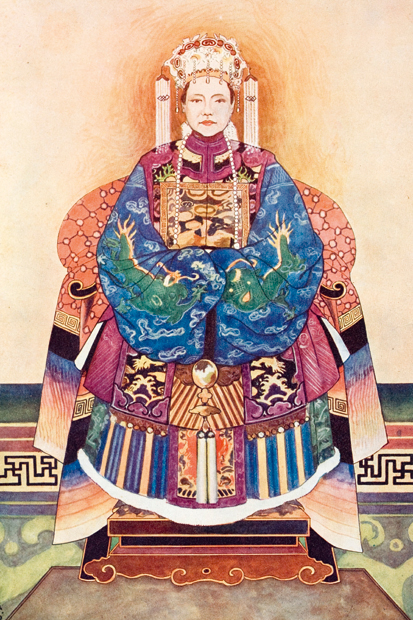






Comments
Don't miss out
Join the conversation with other Spectator Australia readers. Subscribe to leave a comment.
SUBSCRIBEAlready a subscriber? Log in